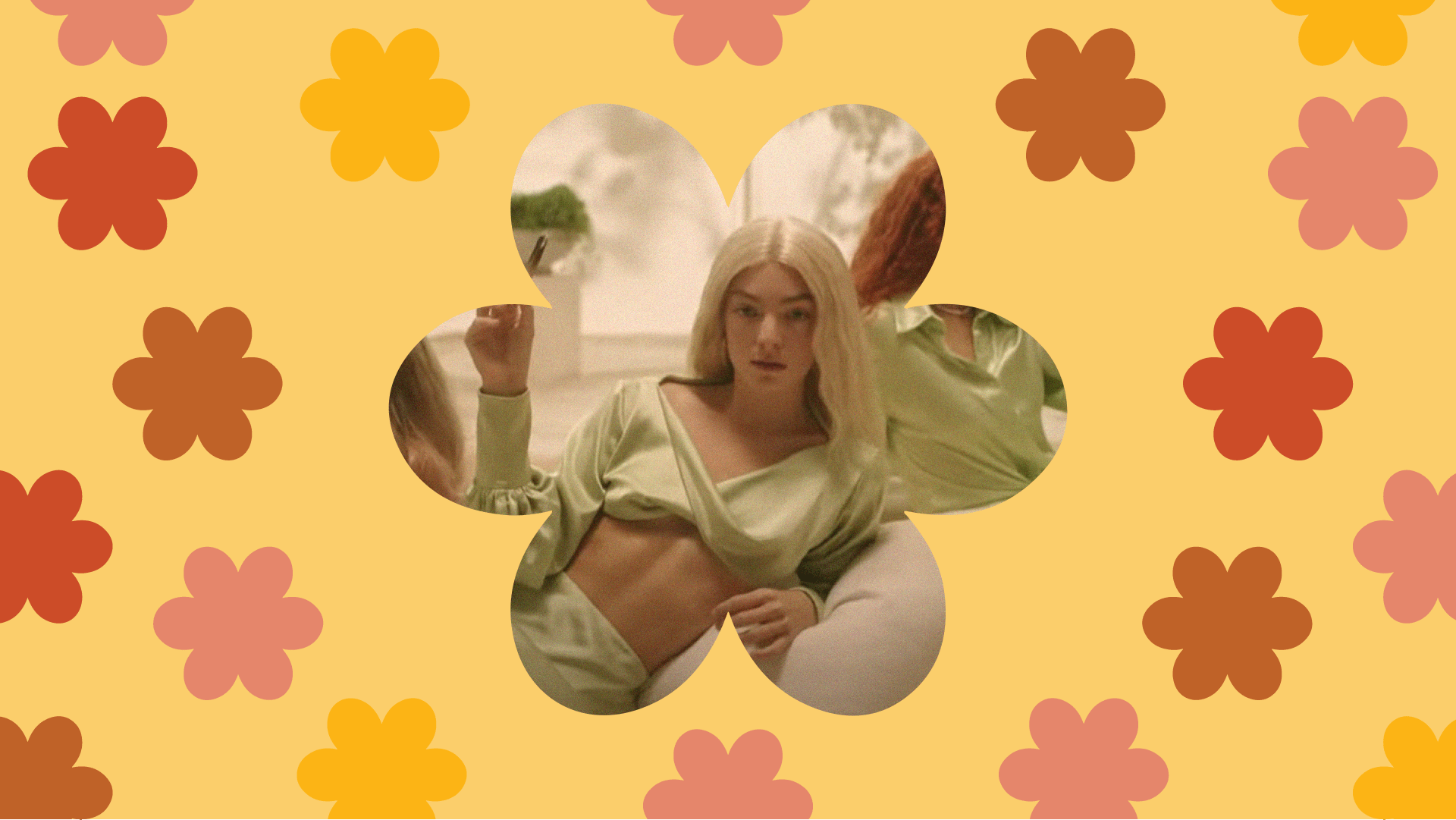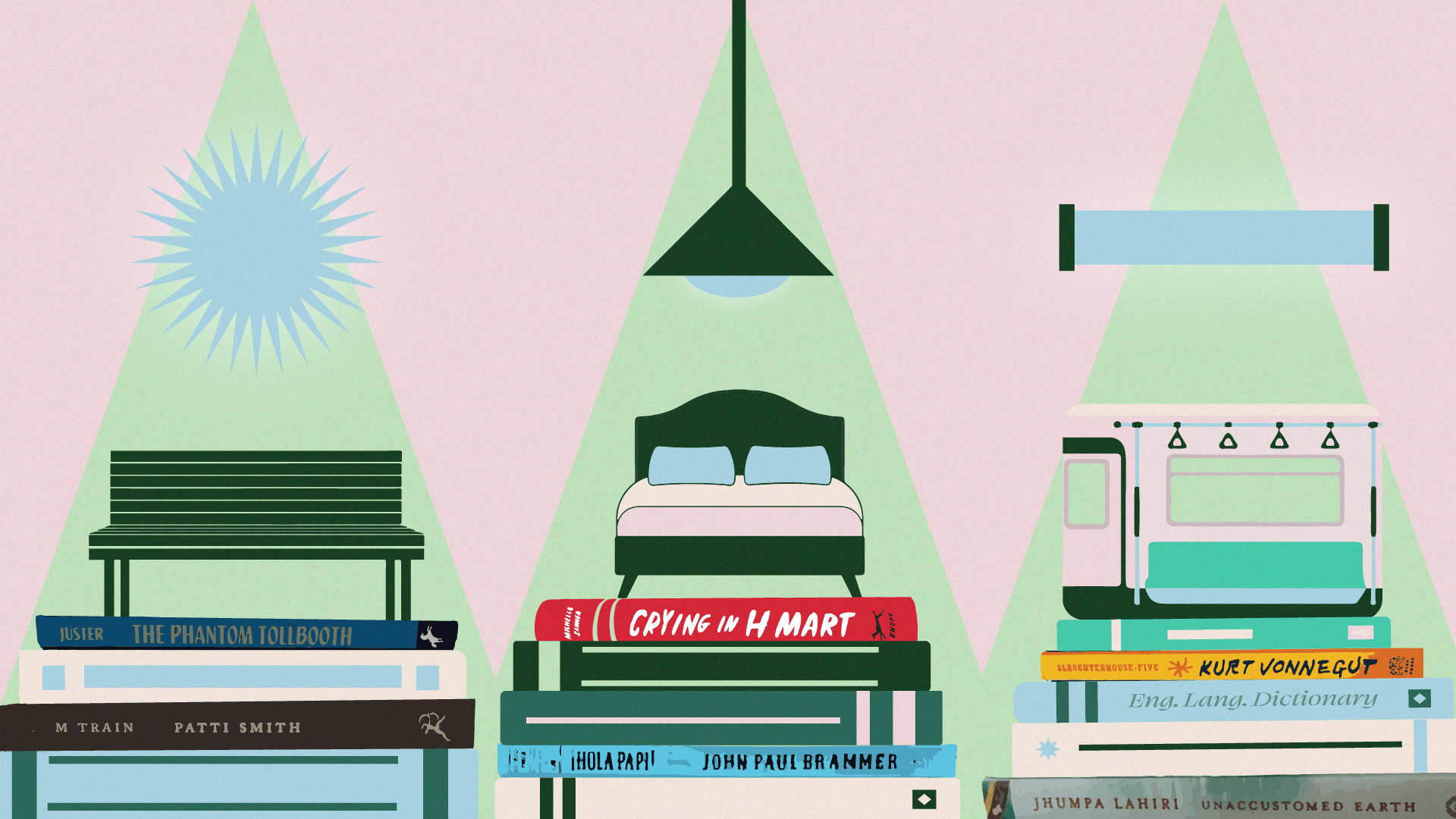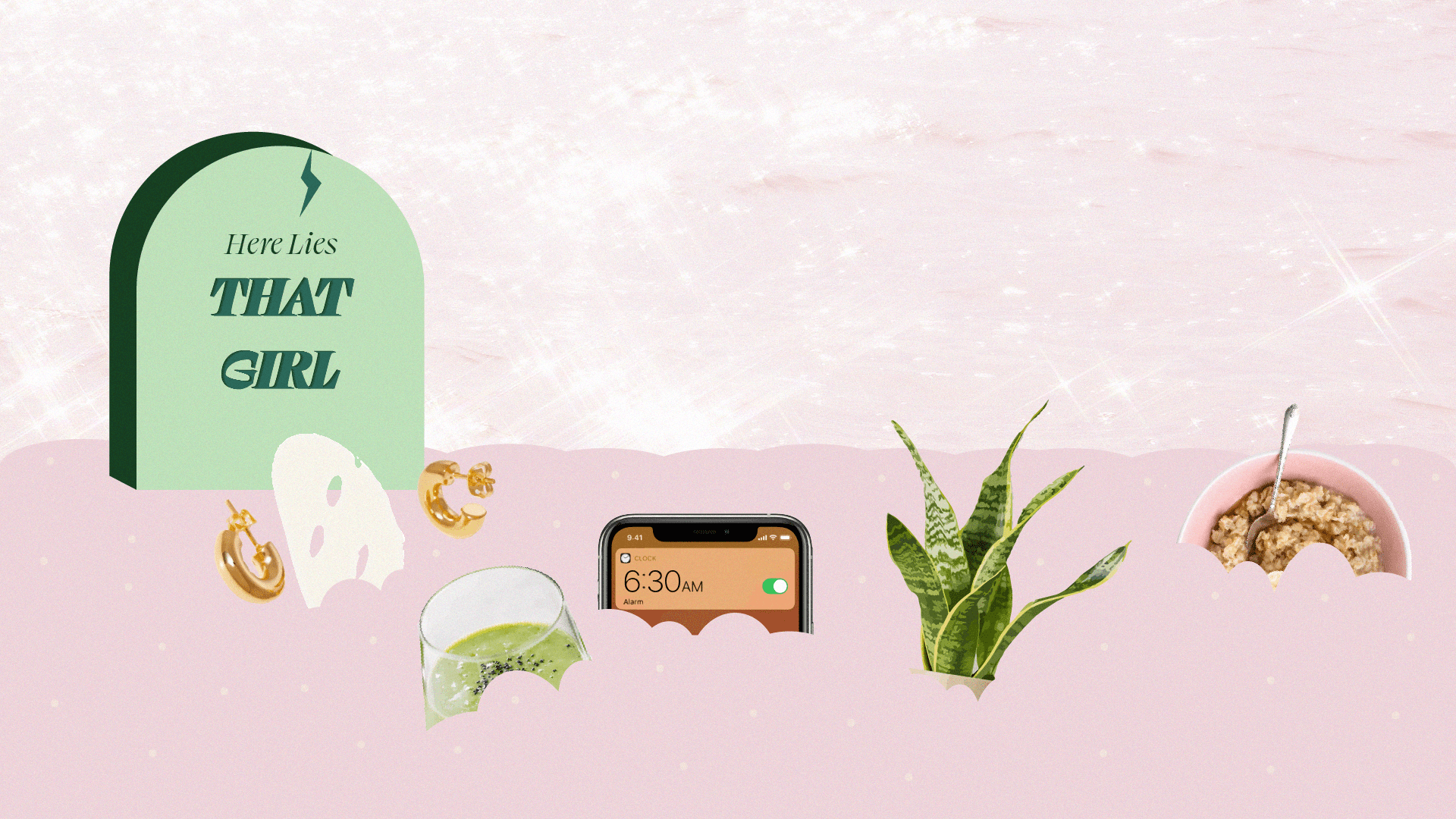
‘Solar Power’ and Lorde’s Museum Placard Dilemma
Solar Power turns the camera on wellness culture, but the lens is blurry.
As the August sun sets sooner each day and tips us into fall, Lorde is back with Solar Power, a summery album overflowing with acoustic guitar, wistful vocals, and inviting natural landscapes. Another collaboration with producer Jack Antonoff, the album boasts 12 songs (14 on the deluxe version) and an earthier, more organic tone than her previous chart-toppers.
Three days prior to releasing the full album on Friday, Aug. 20, Lorde dropped the track “Mood Ring” and its accompanying music video. The video follows a platinum blonde Lorde as she reclines in a massive tent (think glamping), does a dry-run of synchronized swimming with similarly dressed disciples, and tries “to get well from the inside.” Listeners either immediately asked how to join Lorde’s serene “cult” or wondered if the whole thing was a joke.
Clarity only came from reading “Solar Institute Bulletin No. 5,” an edition of Lorde’s newsletter about the album and the inspiration for “Mood Ring.” She quickly explained that the blonde woman in “Mood Ring” is a character she’s playing. In the email, Lorde wrote, “I’ll say it once and then never again: this is satire. She is not me. :-).”
Further down, she elaborates. Lorde feels “tons of empathy” for this Gwyneth Paltrow knockoff. The singer-songwriter claims not to “let her off the hook,” but at the same time doesn’t want “to fully flame her.” The desire to examine the ways white women mindlessly appropriate indigenous cultures in a quest for spirituality is apparent, as is a reminder to treat people seeking betterment with humanity. She also links to a Yoga Journal story about the ethics of sourcing Palo Santo to smudge, burn, or infuse in oils.
Even with the newsletter at hand, it’s hard not to cringe at the undertones of Orientalism in the lyrics, “Let’s fly somewhere eastern, they’ll have what I need.” Lorde’s satire is barely evident in the lyrics or music video to “Mood Ring,” only hinted at through direct eye-contact with the camera as her character flips languidly through an indistinguishable book.
This is a common dilemma for any artist: when do you allow art to stand on its own and when do you qualify its intentions? The art world regularly runs into this problem when writing wall placards to address controversial exhibits or explaining the acquisition of art stolen by colonizers, Nazis, or Hobby Lobby. If you need multiple paragraphs to clarify your art’s point, maybe your art isn’t getting the point across in the first place. Listeners who don’t subscribe to Lorde’s newsletter may miss her deeper meaning.
Solar Power’s shortcomings feel parallel to trends aimed at reengaging with the natural world. Popular aesthetics — like cottagecore and fairycore, as well as a brief revival of folksy sea shanties — are siren calls for young people overwhelmed by the internet-heavy and highly-surveilled present. Lorde throws her “cellular device in the water,” we use ours to watch TikToks about making snail-shaped teapots, find whimsical linen dresses, and yes, listen to Solar Power. It’s hard to escape the contradiction of consuming more stuff to achieve a “simpler” life. Marie Antoinette even had a fake peasant village built to unwind from the stresses of court (All of the whimsy, none of the actual poverty of pre-revolutionary France!). Lorde isn’t outright selling chia seeds or sage sticks, but neither is she bringing the same skepticism to “Mood Ring” as she directed at rich excess in the lyrics of “Royals.”
For the most part, Solar Power is a lyrical successor to Lorde’s first two albums. At the end of “Liability,” she promised we would watch her “disappear into the sun.” And sure enough, across “Oceanic Feeling,” “Stoned at the Nail Salon,” and other new songs, Lorde basks in the sun, its rays, heat, fire, and the sultry summer season as she replaces “teenage millionaire” stardom with a more laid back life at home. Sonically, these songs roll into one another with little interruption, like waves meeting the coast of her beloved New Zealand. It’s a shame they don’t have more to say.
“Dominoes,” the album’s eighth track, does to toxic men who think they can rebrand as softer, earthier, and more feminine what “Mood Ring” wants to do to wellness aficionados. The song’s “Mr. Start Again” is derided for replacing cocaine with weed and outrunning his blues by going “all New Age.” He gets “fifty gleaming chances in a row” despite hurting women, a harsh reality that persists post-#MeToo. His do-overs allow for continued cruelty and he flicks them “down like dominoes.” In a recording filmed on the rooftop of Electric Lady Studios, Lorde trades the breathy vocals dominating the album for a shout when she tells the man, “Don’t get up!”
Like Maya Kosoff in her essay, “Get In Losers, We’re Listening to ‘Ribs’ by Lorde,” I keep coming back to the singer-songwriter because she knows how to capture an incredibly specific but remarkably universal mood. Pure Heroine featured jaded teens fed up with pop music’s ideal of fame, while Melodrama balanced enduring loneliness (“So they pull back, make other plans, I understand, I’m a liability”) and a god complex (“Bet you rue the day you kissed a writer in the dark”). Meanwhile, the overarching message of Solar Power is to slow down, a la Stevie Nicks reminding us, “Even children get older. I’m getting older too,” and Billy Joel’s insistence that “Vienna waits for you.”
The album has divided music critics based on its supposed basicness — indulging in spa days, liking the beach, lamenting the early 2000s. Some see it as a refreshing departure from the gloominess of Melodrama, Lorde’s sophomore album. “On Solar Power, Lorde surrenders to normalcy — and finds transcendence,” Spencer Kornhaber wrote in his review for The Atlantic. At The Cut, writer Marianne Eloise saw the album as “deeply uncool,” but in a way that’s true to the 24 year old. Others, like me, wish it offered a sharper analysis of the topics it engages. Cat Zhang, assistant editor at Pitchfork, called the titular track “eerily sanitized and optimistic” and described “Mood Ring” as a trite critique of wellness culture.
Fast fashion stores, Peloton classes, and Goop-endorsed wellness retreats alike will pump Solar Power through their speakers. And it would come as no shock if “Mood Ring” made a cameo on Nine Perfect Strangers, the new Hulu series where Nicole Kidman plays an ethereal and terrifying cult leader who promises (threatens?) to “get you well.”
As people strive for any source of serotonin in the midst of the climate crisis, coronavirus pandemic, or insert other modern disaster here, the album offers hope for brighter days. Along the way, the self-implicating satire outlined in Lorde’s newsletter gets lost between matching silk dresses and sun salutations.


